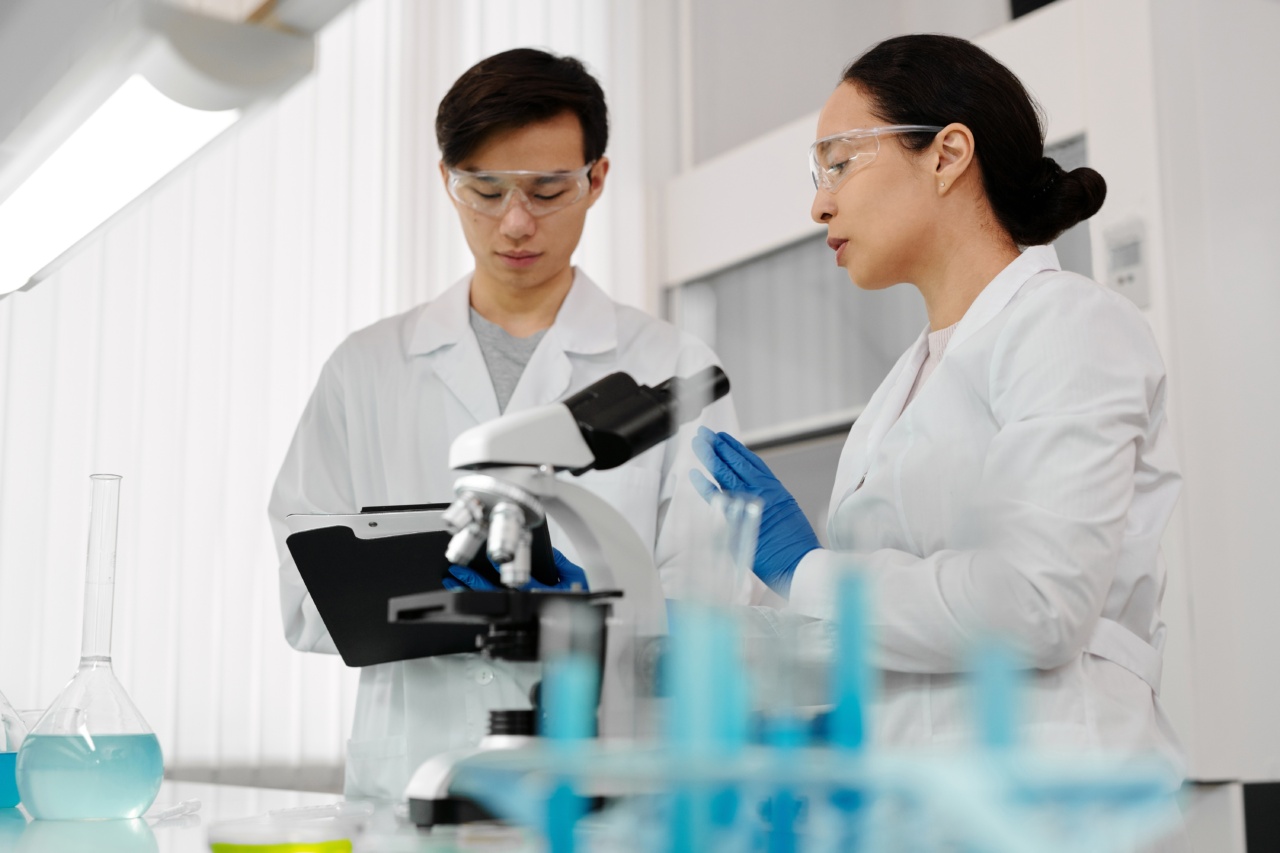Scientists in the United Kingdom have developed a functional laboratory thymus, which could be the key to new treatments for autoimmune diseases.
What is a thymus?
The thymus is a small organ located in the chest, behind the breastbone. It is an important component of the immune system, as it produces T cells, which are responsible for defending the body against infections and cancer.
However, as people age, the thymus undergoes a process of involution, meaning it shrinks and becomes less functional. This can lead to a decreased ability to fight infections and an increased risk of autoimmune diseases.
The problem with current treatments for autoimmune diseases
Current treatments for autoimmune diseases, such as rheumatoid arthritis and multiple sclerosis, involve suppressing the immune system, which can have serious side effects, such as an increased risk of infections and cancer.
Additionally, these treatments do not address the underlying cause of the disease and only provide temporary relief from symptoms.
The solution: a functional laboratory thymus
The scientists from the United Kingdom have developed a functional laboratory thymus, which could provide a new approach to treating autoimmune diseases.
The laboratory thymus is created by using human stem cells, which are cultured in a specialized environment that mimics the conditions of the thymus. The stem cells differentiate into thymus cells, which can produce functional T cells.
The benefits of a functional laboratory thymus
A functional laboratory thymus could provide a number of benefits in the treatment of autoimmune diseases. Firstly, it would stimulate the production of T cells specific to the disease, which could provide a more targeted approach to treatment.
Secondly, it would not involve the suppression of the immune system, meaning that patients would not be at an increased risk of infections and cancer. Finally, it could potentially provide a lasting cure for autoimmune diseases, as it would address the underlying cause of the disease.
The potential for personalized medicine
Another potential benefit of a functional laboratory thymus is the ability to create personalized treatments for autoimmune diseases.
By using the patient’s own stem cells, the laboratory thymus could create T cells that are specific to the patient’s disease and immune system. This could potentially lead to more effective treatments with fewer side effects.
The future of the laboratory thymus
While the development of a functional laboratory thymus is a promising development in the treatment of autoimmune diseases, there is still much research to be done.
Further studies are needed to determine the safety and efficacy of the laboratory thymus, as well as to optimize the culturing and differentiation processes. However, the development of a functional laboratory thymus provides hope for a new approach to treating autoimmune diseases.
Conclusion
The development of a functional laboratory thymus by scientists in the United Kingdom provides a new approach to treating autoimmune diseases.
By creating personalized T cells, a laboratory thymus could provide more targeted and effective treatments with fewer side effects. While further research is needed, the laboratory thymus offers hope for a lasting cure for autoimmune diseases.





























